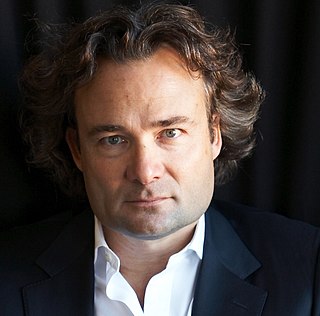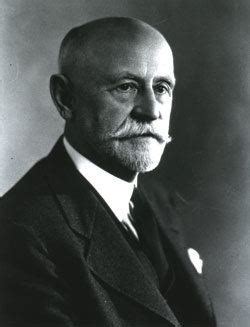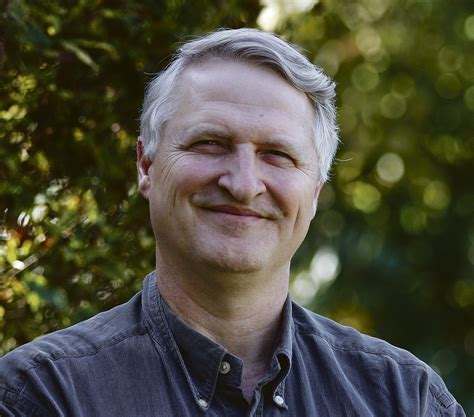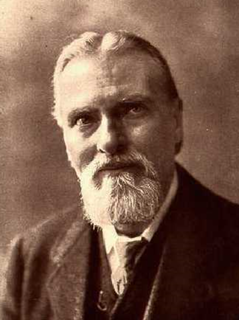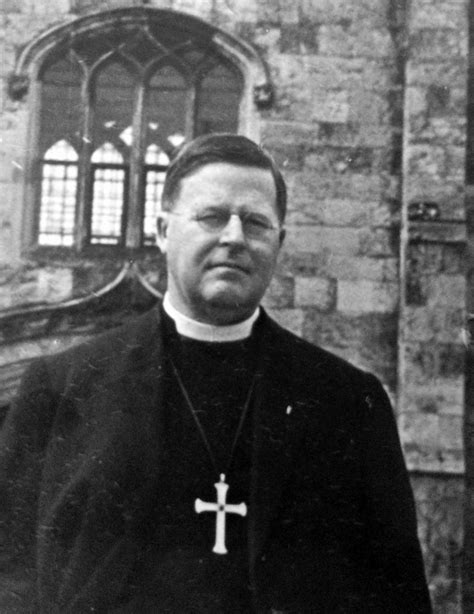A Quote by Richard Watson
Atheist, in the strict and proper sense of the word, is one who does not believe in the existence of a god, or who owns no being superior to nature. It is compounded of the two terms ... signifying without God.
Related Quotes
The atheist does not say 'there is no God,' but he says 'I know not what you mean by God; I am without idea of God'; the word 'God' is to me a sound conveying no clear or distinct affirmation. ... The Bible God I deny; the Christian God I disbelieve in; but I am not rash enough to say there is no God as long as you tell me you are unprepared to define God to me.
I believe in this being, not because I have any proper or direct knowledge of His existence, but I am at a loss to account for the existence and arrangement of the visible universe, and, being left in the wide sea of conjecture without a clue from analogy or experience, I find the conjecture of a God easy, obvious, and irresistible.
Faith in ourselves will do everything. I have experienced it in my own life, and am still doing so; and as I grow older that faith is becoming stronger and stronger. He is an atheist who does not believe in himself. The old religions said that he was an atheist who did not believe in God. The new religion says that he is the atheist who does not believe in himself
If I were not an atheist, I would believe in a God who would choose to save people on the basis of the totality of their lives and not the pattern of their words. I think he would prefer an honest and righteous atheist to a TV preacher whose every word is God, God, God and whose every deed is foul, foul, foul.
An atheist is someone who is certain that God does not exist, someone who has compelling evidence against the existence of God. I know of no such compelling evidence. Because God can be relegated to remote times and places and to ultimate causes, we would have to know a great deal more about the universe than we do now to be sure that no such God exists. To be certain of the existence of God and to be certain of the nonexistence of God seem to me to be the confident extremes in a subject so riddled with doubt and uncertainty as to inspire very little confidence indeed.
